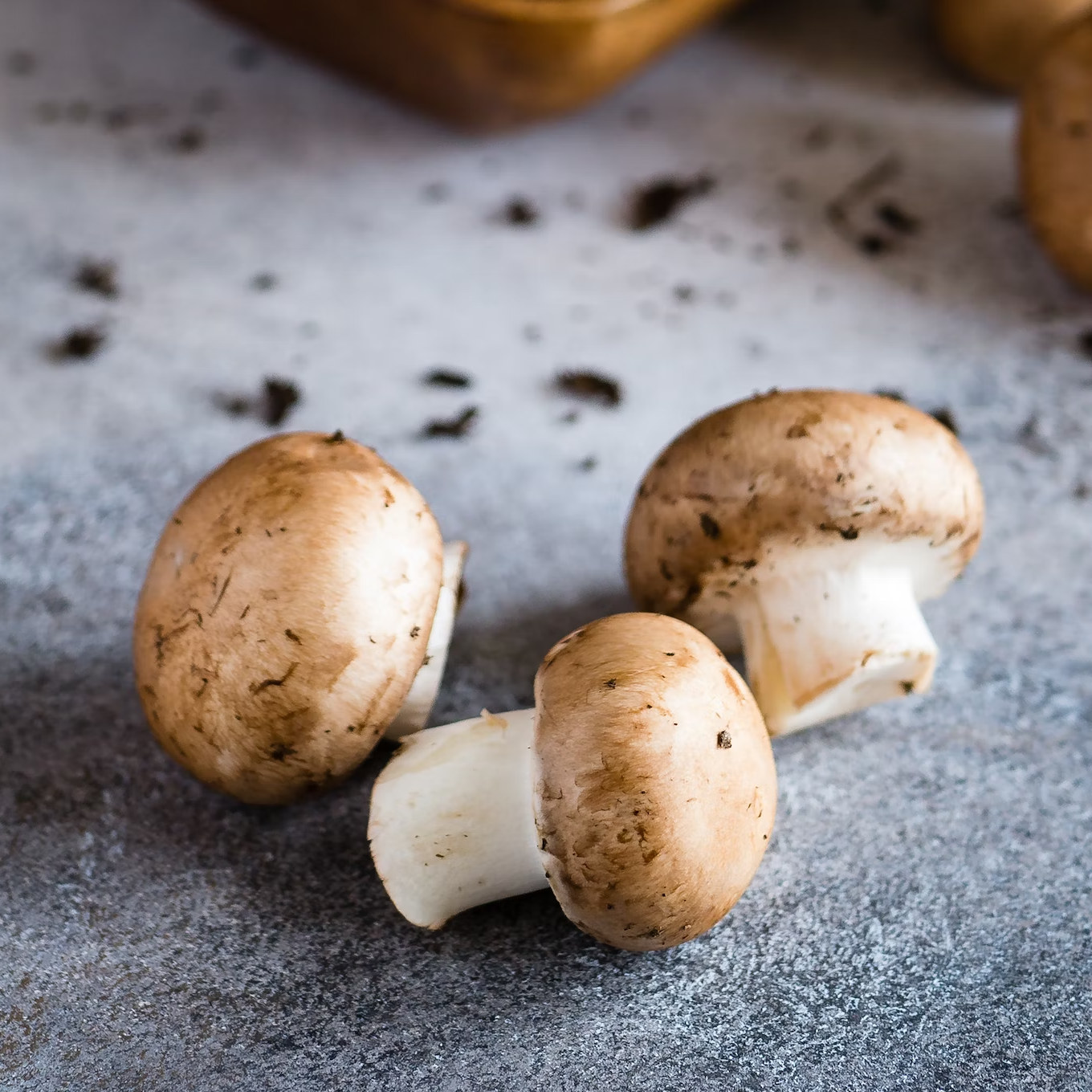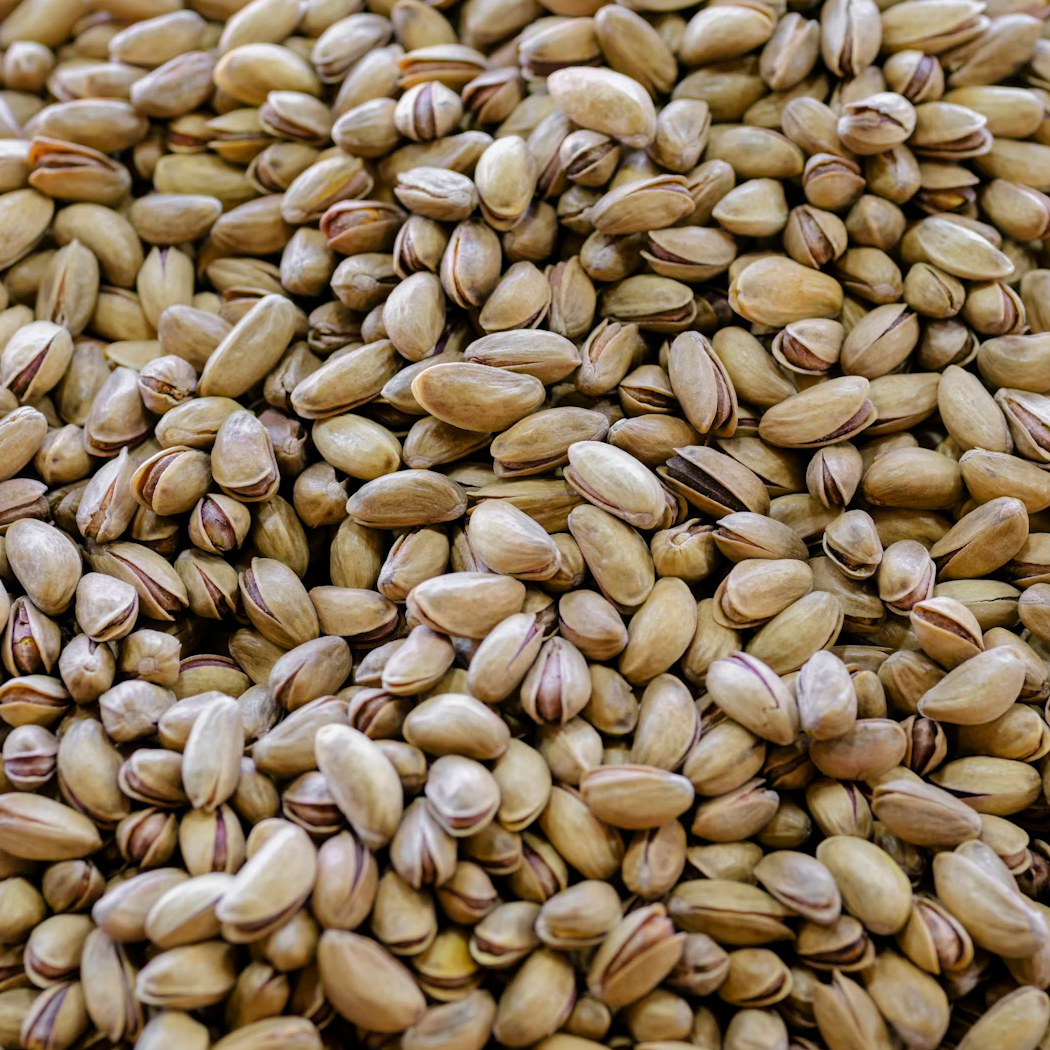
What is Vitamin D and why do we need it?
Vitamin D is a nutrient we can eat and a hormone that our body makes from sun exposure. Vitamin D production in the skin is the primary natural source of vitamin D but many people have insufficient levels because of where they live or because they want to avoid sun exposure due to the risks of the effects of long-term sun exposure on the skin 1,2.
According to common medical knowledge, for most people, the best way to get enough vitamin D is by taking supplements because it is hard to obtain enough vitamin D through food. For plant-based eaters, Vitamin D supplements are available in the form of vitamin D2 ("ergocalciferol" or pre-vitamin D) which is produced from plants and fungi (mushrooms) or mushrooms that are intentionally exposed to high amounts of ultraviolet light1.
Vitamin D is one of those vitamins that has many benefits for the body including support for 1,2:
- a healthy immune system
- calcium and phosphorus adoption
- infection control
- reducing inflammation
- bone health
- cancer cell reduction (laboratory studies)1, suggested additional health benefit contributions for diabetes or hypertension
But, vitamin D is not be found in many fruits or vegetables, and therefore the main sources of vitamin D in plant-based diets is1,2:
- Mushrooms especially those exposed to high amounts of ultraviolet light
- Vitamin D-fortified foods that are fortified with Vitamin D2 (D2 for plant-based eaters)
- Vitamin D2 fortified drinks such as plant-based milks or vitamin D2 fortified orange juice
You can increase your intake of vitamin D by including mushrooms and vitamin-D-fortified foods in your healthy soups, salads, buddha bowls, and meals.
And, you can up your vitamin D intake in your meals and following suggestions:
- Breakfasts - a glass of Vitamin D (D2) fortified soy milk
- Lunches - healthy salads with mushrooms or a mushroom dip
- Dinners - curries or buddha bowls with tomatoes and mushrooms over brown rice, or delicious and spicy mushroom dishes made with sweet peppers, chili peppers with a side of leafy greens, or pasta with a white mushroom sauce
- Drinks - a refreshing glass of vitamin D2-fortified orange juice
In addition, the fruits and vegetables above have even more vitamins and minerals than just vitamin D.
Need more quick ideas on how to increase your vitamin D? Try:
- Smoothies - citrus fruit blended with your favorite vitamin-D2-fortified plant-based milk.
- Vitamin-D2-fortified orange juice ice cubes - pour some vitamin-D2-fortified orange juice into your ice cube tray, freeze, and enjoy.
Garden of Vegan includes vitamin-D-fortified foods or mushrooms in our healthy ready-made meals, pantry boxes, sides, and produce boxes.
Garden of Vegan creates healthy meals that include mushrooms or vitamin-D-fortified foods in their prepared main meals, breakfast meals, sides, and snacks.
In addition, when the seasonal produce boxes include mushrooms in the veggie box, they may have some vitamin D2 in them.
Garden of Vegan's NDIS participants can also increase their vitamin D intake by choosing healthy meals with vitamin D-fortified meals or healthy meals that include mushrooms.
Eligible NDIS participants can increase their vitamin D intake with healthy meals, sides, desserts, and pantry items delivered. They only pay for the food cost component of the meals they order. NDIS participants and NDIS plan managers can learn more about Garden of Vegan NDIS plans and healthy meal delivery by filling out our NDIS form and we'll contact you as soon as possible.
Garden of Vegan's six meal plans also include many meals that include mushrooms or vitamin-D-fortified foods!
Visit our Meal Plans to Suit your Lifestyle section and select a nutritional meal plan that is high in mushrooms or vitamin-D-fortified foods or you can add them separately by adding pantry items!
Learn more about vitamins and nutrition in the Garden of Vegan Vitamin Guide
- Vitamin A
- Vitamin C
- Vitamin D
- Vitamin E
- Vitamin K
- Vitamin B1 (thiamine)
- Vitamin B2 (riboflavin)
- Vitamin B3 (niacin)
- Vitamin B5 (pantothenic acid)
- Vitamin B6 (pyridoxine)
- Vitamin B7 (biotin)
- Vitamin B9 (folate or folic acid)
- Vitamin B12 (cobalamin)
Read more Garden of Vegan nutrition articles
Great Plant-based Sources of Potassium
Great Plant-based Sources of iron
Fibre: What is it and why do I need it?
How Can I Increase My Protein Intake?
Calories, Protein, Carbs, And Fat, What Does It All Mean?
Great Plant-based Sources of Calcium
References:
1. Vitamin D - Harvard T.H. Chan School of Public Health
2. What are the best dietary sources of vitamin D? - MedicalNewsToday




